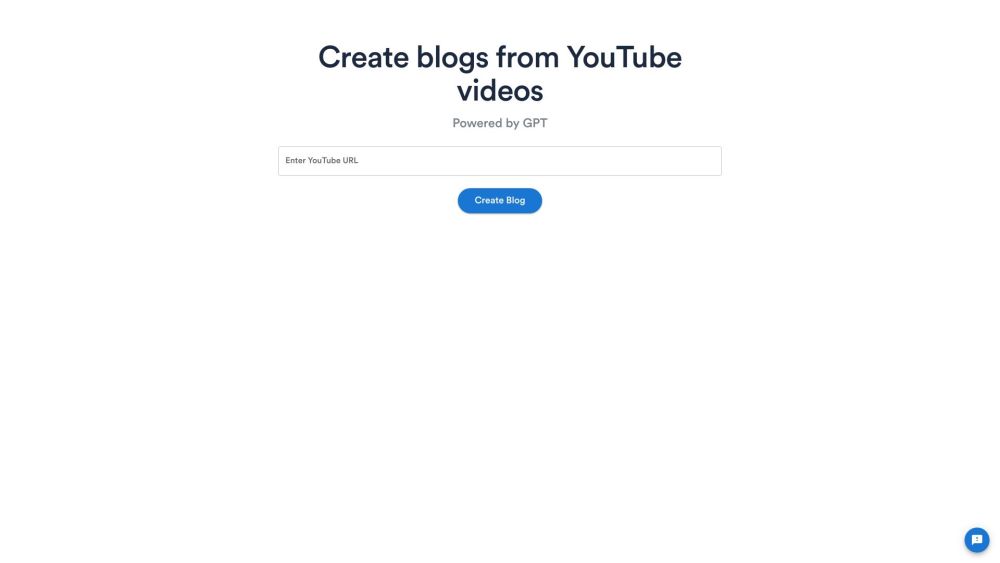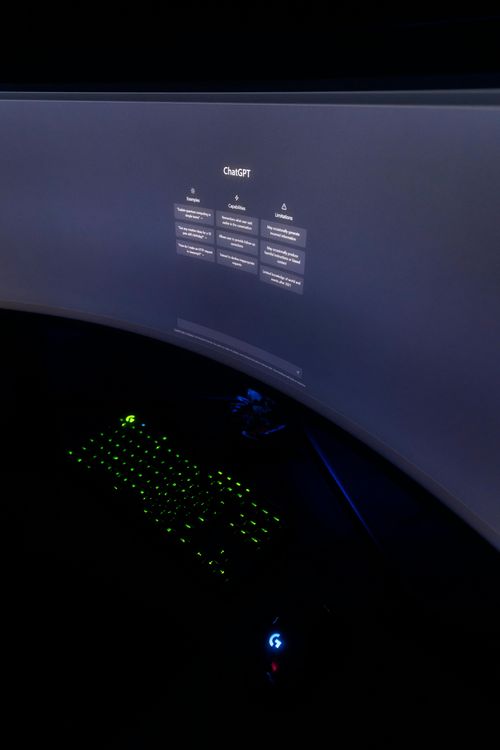Google is in the midst of a fundamental transformation, integrating artificial intelligence directly into Search. CEO Sundar Pichai, speaking during Alphabet’s latest earnings call, made it clear that this shift is just beginning. The company’s AI journey kicked off with AI Overviews, a feature that replaces traditional search results with AI-generated responses. Despite its rocky debut—marked by bizarre AI errors—Google is doubling down on AI-driven search innovation in 2025.
The Future of Google Search: AI as Your Personal Research Assistant
Google is rapidly evolving beyond simple search results, aiming to make Search function more like an interactive AI assistant that browses the internet for users. Pichai highlighted several key AI initiatives driving this change:
Project Astra: A multimodal AI developed by DeepMind that can process live video feeds, analyze on-screen content, and answer real-time queries. Google envisions Astra eventually powering AI-enhanced smart glasses.
Gemini Deep Research: A tool designed to compile detailed research reports, automating the manual search process and potentially redefining how users gather information.
Project Mariner: An AI system capable of navigating websites on behalf of users, potentially minimizing the need to visit web pages directly.
Conversational Search: Google is working on making Search more interactive, allowing users to engage in follow-up discussions instead of just receiving static answers.
The Risks of Google’s AI Ambitions
While Google’s AI-driven Search promises greater convenience, it also raises concerns about its impact on the broader web ecosystem:
Declining Website Traffic – As AI-generated responses replace traditional search results, publishers and businesses relying on Google-driven traffic may see major declines in visitors.
Advertising Disruptions – Google’s Search Ads business, which thrives on user engagement with search results, may need to evolve to fit an AI-first search model.
AI Hallucination Risks – Google’s AI Overviews initially struggled with inaccurate and bizarre responses—such as recommending eating rocks or using glue as a pizza topping. While Google is refining its AI models, these errors highlight the challenges of deploying AI at scale.
What’s Next? Google Search in 2025 and Beyond
Pichai described 2025 as a breakthrough year for AI-driven Search, expanding the range of complex queries AI can handle. As Google rolls out more AI-powered features, businesses, publishers, and advertisers will need to adapt to this new search landscape—one where AI, rather than users, determines what information is seen.







